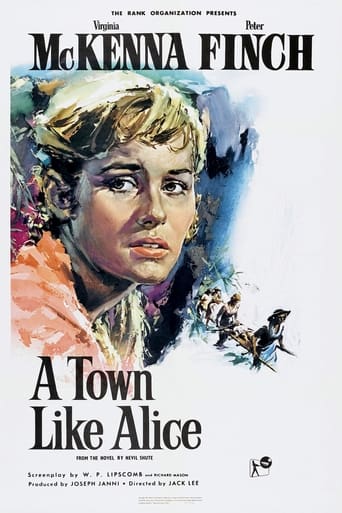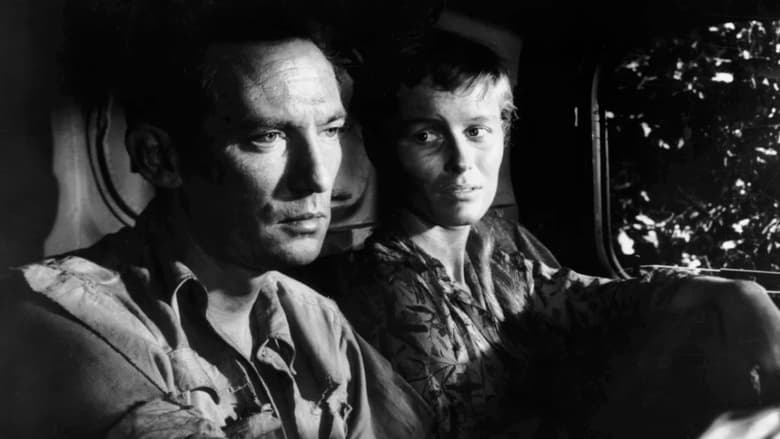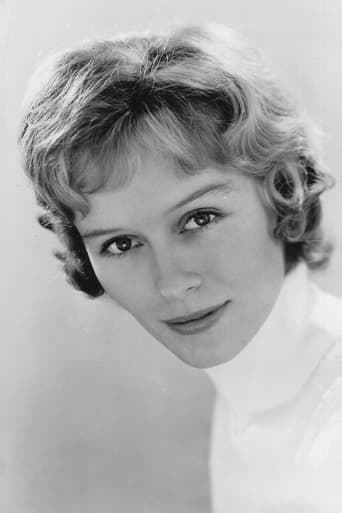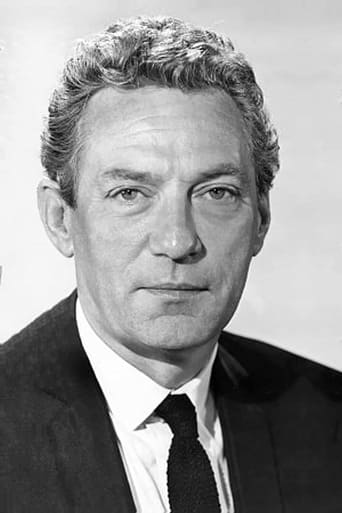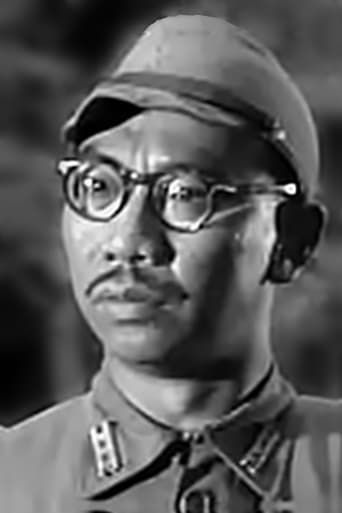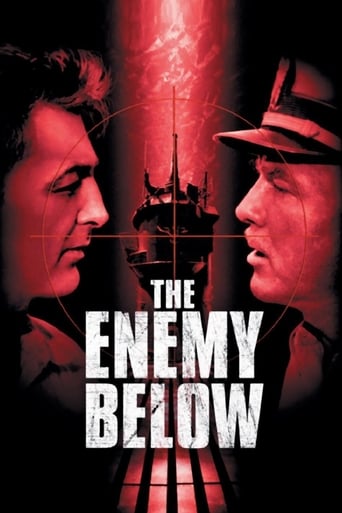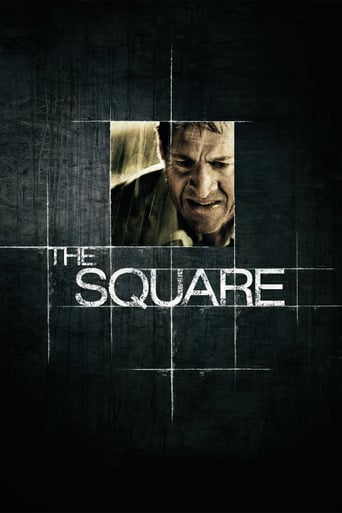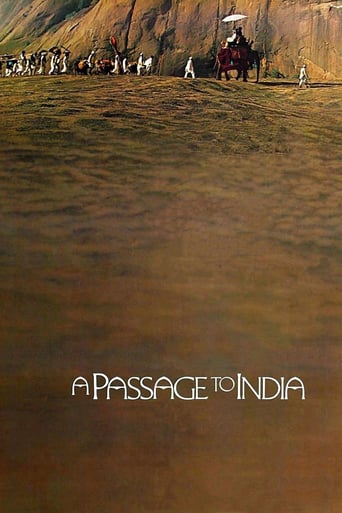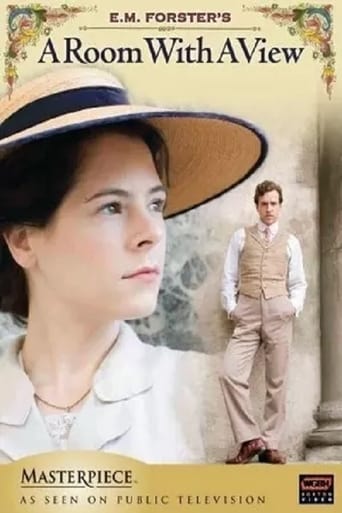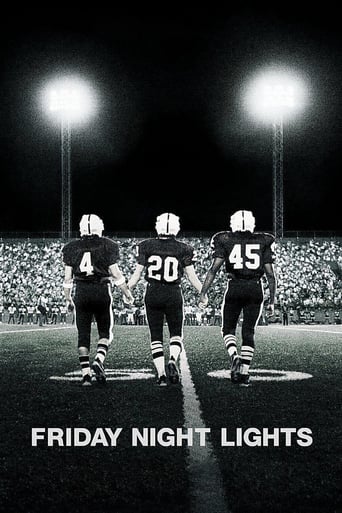A Town Like Alice (1956)
In 1941 Malaysia, the advancing Japanese army captures a lot of British territory very quickly. The men are sent off to labor camps, but they have no plan on what to do with the women and children of the British.
Watch Trailer
Cast
Similar titles
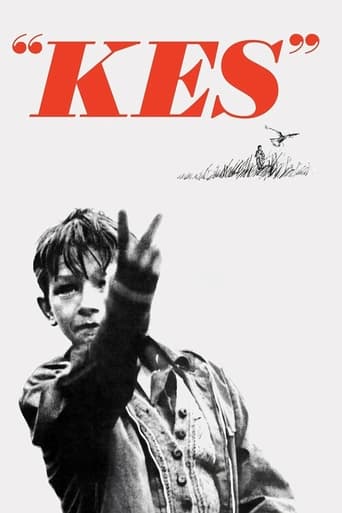
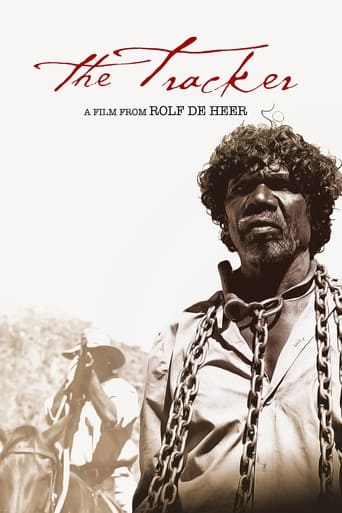
Reviews
Simply Perfect
It's simply great fun, a winsome film and an occasionally over-the-top luxury fantasy that never flags.
It's the kind of movie you'll want to see a second time with someone who hasn't seen it yet, to remember what it was like to watch it for the first time.
All of these films share one commonality, that being a kind of emotional center that humanizes a cast of monsters.
Well acted, but tediously grim war drama without relief of any kind. Very reminiscent of an earlier prison camp film, THREE CAME HOME, starring Claudette Colbert in 1949. The latter film at least was better paced and had even more human interest value in its telling.It takes over an hour before the relationship between Virginia McKenna and Peter Finch becomes more of a focal point. Before that, the prison camp scenes are relentlessly harsh and ponderous while showing the indifference of the Japanese in Malaya to the plight of women who are forced to march too many miles in an effort to find a suitable prison camp. The hardships become an endurance of patience for the viewer too. The only upbeat moments come during the last fifteen minutes. The story becomes more engrossing midway as Peter Finch assumes more of a role, but it's not an easy film to watch. Much of the strong drama is undercut by failure to make the most of crucial scenes and practically no development of their Japanese tormentors. By comparison, THREE CAME HOME had much stronger emotional ingredients and conflicts to deal with in the relationship between the main character (an American woman) and the Japanese commander, an intelligent man who was in constant confrontations with the woman over inhumane treatment and cultural differences.
A Town Like Alice (1956)A remarkable movie, completely under everyone's radar, about a group of English women in Asia during World War II. They suffer under the hands of the Japanese not as prisoners, quite, but as refugees caught between captors. Having nowhere to go and no one to protect them, they end up walking and walking, through jungle and no-man's land, past actual POW camps and through native villages, until gradually they start to die from the hardship.Mixed into this really vivid and heartbreaking drama is a love affair between a passing Australian soldier and one of the women. The man is a prisoner of the Japanese who seems to have some freedom because he can fix things for them, and he crosses paths with the women a few times over the years. Years, yes. The movie moves quickly through a long period of war. This is the real war for most people, the occupation by the Japanese and their arrogance, and the patience and impotence of ordinary people. It is told with alarming frankness. I mean, it's still a movie from the 1950s, not a documentary, but the plainness of the actors, the relatively low budget of the film, and the location shooting all make for a convincing final product. It's amazing, at times, and heartwarming as much as heartwrenching. There is even the one terribly good Japanese soldier trapped by the same bigger circumstance of a war that was not his doing.The one known actor here is Peter Finch, who is marvelous, even though his role is limited. He is meant to be a bright spot in the life of this woman, and he is wonderfully bright and cheerful (a true Aussie stereotype that we all love). The book that inspired the movie is widely regarded to this day, and was written by Nevil Shute, who heard about a group of Dutch (not English) women shuttled about by the Japanese in Dutch Malaysia during the war. It turns out that they were not usually made to walk, but Shute's misunderstanding of the story led to the main drama of the book and later movie. The crucifixion of prisoners by Japanese soldiers (shown in the movie) is substantiated, however, and it's a gruesome final turn of events for the plot.There are few movies of this post-war period that really deal with ordinary suffering by ordinary people in Asia during the war (the suffering of civilians in Europe or Britain is fully shown, by contrast). This one does it well, very well. A wonderful surprise.
I suppose that it should be confessed at the outset that I had the hots for Ms McEnna in her youth. Nevertheless, I still think that this is an excellent movie of the 1950's war genre.Ginny and Peter Finch provide typically understated performances that are reminiscent of 'Ice Cold In Alex' and 'The Cruel Sea'. Solid, sterling, stiff-upper-lip-stuff that has no place in the spineless, simpering, metro-sexual third millennium.I have never read Shute's novel, so I cannot comment on what liberties have been taken, but viewed without prejudice as a movie outlining Japanese brutality and human endurance it is still a well-realised piece of work. Everyone gives a thoroughly believable turn, both Caucasian and Oriental alike, as Ms McEnna's character concludes 'you can't really hate anyone' in the end. Though the Japanese - like their Nazi counterparts - did their very best to merit it.Ms McKenna leads a group of unwanted western women and children, for whom no Japanese officer wants responsibility. So; they get shunted from one place to another, on foot, inadequately fed, and without medical assistance. Inevitably; they begin dying. Finch plays a captured Aussie running trucks for the Japanese. Filmed in black-&-white, in Britain and on location, it offers a very believable turn upon the miasmic swamps, crippling heat, humidity and deluging rain.Of course, it's a love story too. And here again Ginny and Peter play their parts to perfection. I defy any true romantic not to be rendered lachrymose by her realisation of his survival and their final meeting at the end. Her hasty, last-minute application of cosmetics is particularly touching and well-observed. As if he'd care a hoot one way or the other.It's a great old feel-good movie for the austerity generation. I give it nine stars and good luck to 'em all I say.
I have just posted a comment on "Merry Christmas Mr Lawrence" directed by Nagisa Oshima in the early 1980s. The main originality of MCML does not lie in its subject, as other films have dealt with Prisoner-of-War camps under the Japanese rule, the most famous of them remaining "The Bridge on the River Kwai" by David Lean (1957). As MCML is a much more recent film, it might be considered as a more realistic approach to the daily life in a camp under such circumstances; yet realistic films on this subject appeared as early as in the 1950s with works like "A Town like Alice" directed by Jack Lee, which was rejected in its time by the Cannes Film Festival for its shocking content and violence a sharp contrast with often romanticized productions where war has a glamorous aspect. "A Town like Alice" is also original for it tells war from the point of view of women, and women in conflicts are often ignored by war movies.It has been years now since I watched "A Town like Alice". I remember it as a good and honest film about the conflict with the Japanese in the Far East. Virginia McKenna as a British nurse and Peter Finch were both convincing. It may be not the best film on WWII, yet it has an authenticity and favors a psychological and realistic approach to the characters than can attract many viewers, not just war movies freaks.By the way, the title is a reference to the town of Alice Springs, where the story ends.
